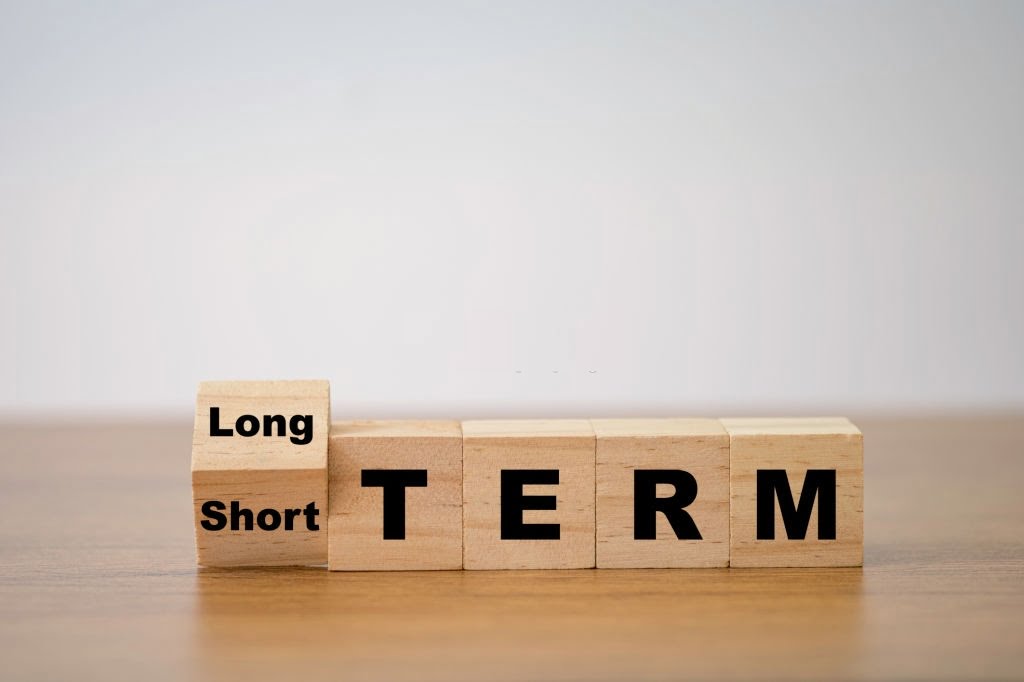Short Term Vs. Long Term HR Strategy to Achieve Your Business Goals
The payroll and HR services are highly important in setting realistic business goals for business success in the short and long term.
The HR employees address a variety of issues in a business. However, to fully understand how HR works, you should be familiar with the major differences between short and long-term HR strategies to ensure the implementation of suitable strategies to get the best results.
First of all, let’s understand what an HR strategy is.
What is an HR Strategy?
An HR strategy can be defined as a comprehensive plan, which allows the human capital management of a company to meet its goals.
The purpose of an HR strategy is to deal with a variety of aspects of hiring, onboarding, compensation, and employees’ skills development. Specific business goals play an integral role in setting the short and long-term HR strategy.
While you may only wish to build generic HR strategies to deal with a variety of challenges, you’ll profit from distinguishing between short-term and long-term issues, as well as their corresponding tactics.
Short-term HR strategies assist in the resolution of short-term challenges, while long-term HR strategies address long-term concerns—they’re not always convertible, and various situations need different responses.
HR personnel might perceive difficulties in two ways when they divide HR problems and solutions into short-term and long-term categories. As a result, HR personnel will be able to prioritize what has to be addressed immediately and what can wait.
Otherwise, brainstorming may become overwhelming, making it difficult to prioritize which issues to address first. As a result, you’ll be able to keep your HR department better organized and ensure that you’re meeting deadlines.

Short-Term HR Strategy
The purpose of the short-term HR strategies is to keep the HR department informed about all existing HR duties while focusing on solving more pressing HR issues. There are many different short-term HR problems that can occur on a regular basis.
For instance, missing the deadline to file taxes, not submitting the required papers, and other such errors are part of the short-term HR strategies. Short-term HR approaches may assist in reducing some of the long-term consequences that can result in further complications.
Short-term HR strategies are related to the cash flow, organization budget, savings, stock investment, communication, and overall daily routines.
Long-Term HR Strategy
The goal of a long-term HR strategy is to prepare for potential problems that may or may not arise in the future.
It is important to have a reliable long-term HR strategy because it deals with addressing a wide range of potential issues and provides solutions in advance. Generally, the timeframe of a long-term HR strategy varies over a few months or even multiple years.
For instance, a long-term HR strategy also plays an integral role in resolving the issue of a high staff turnover rate.
Companies that have a plan in place to fill the positions on time do much better than organizations that do not plan for such situations in advance. Hence, a long-term HR strategy involves setting up a reliable employee recruitment policy.
Moreover, long-term HR strategy is typically associated with the overall sales, brand awareness, SEO, public reputation, and overall media presence of the organization.
Many companies also choose to trust professional accounting firms in Malaysia to fulfil this important process of designing short- and long-term HR strategies.

Generally, the two major differences between short- and long-term HR strategies are:
Scope
Every short-term goal should be related to a long-term goal in an ideal condition.
However, there are many instances in which daily changes to the companies and business goals result in drastic changes to the working procedures, meaning the scope of short-term planning can change compared to long-term planning.
Execution
The execution of the short-term plan depends on whether the current operations are playing their role in the completion of the projects.
On the other hand, the execution of long-term plans depends on whether
In Summary
In short, both short- and long-term HR strategies are important to ensure the success of the company.
Business owners and managers should focus on making suitable strategies or using professional payroll and HR services from accounting firms in Malaysia to ensure the right kind of strategies are implemented for the short- and long-term success of the company.





